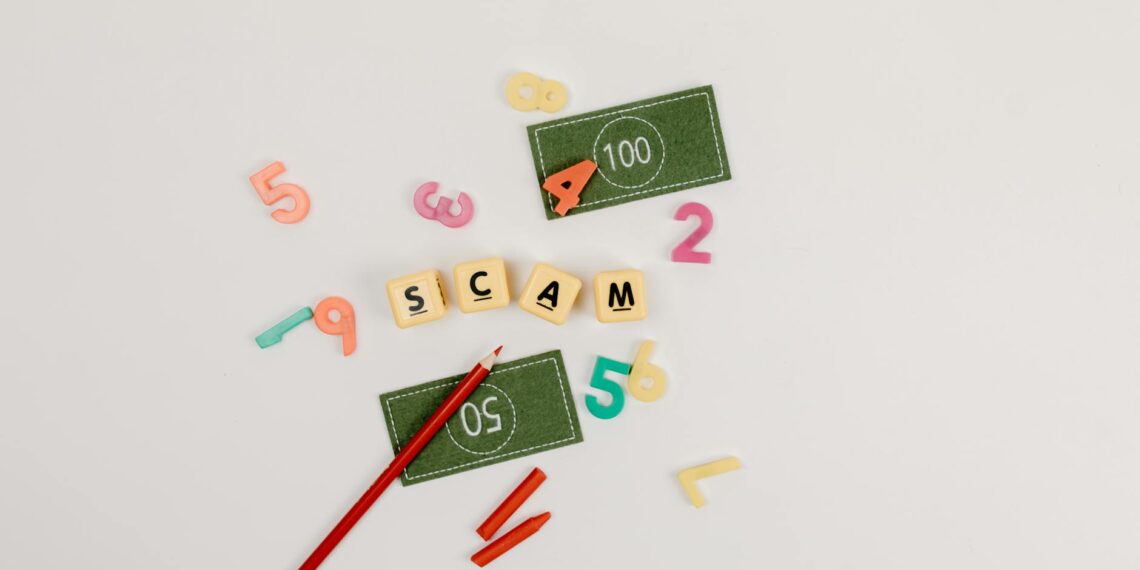While the initial thought of a child swallowing a coin can be alarming, [Rainbow Hospitals notes] that in most cases, it’s not dangerous and the coin passes through the digestive system naturally. However, complications can arise, and it’s essential to know what to watch out for and when to seek medical attention.
Here’s a breakdown of what happens and what you should do:
- Initial reaction and potential choking
- Stay calm: Panicking can make it harder to help the child.
- Check for immediate choking symptoms: Look for coughing, gagging, drooling, difficulty breathing, or inability to speak, according to permachildsafety.com.
- If choking, call 911 immediately and be prepared to perform the Heimlich maneuver if necessary.
- Do not try to induce vomiting or give the child anything to eat or drink if they are choking.
- If the child is breathing normally and shows no immediate signs of distress: This suggests the coin hasn’t blocked the airway.
- Seeking medical advice
Even without immediate choking, it’s necessary to contact a pediatrician or go to the emergency room for evaluation to determine the coin’s location and risks. Provide the healthcare provider with details about the incident and any symptoms. An X-ray is likely needed to locate the coin.
- Coin location and potential issues
If the coin is in the esophagus, it can cause symptoms like difficulty swallowing or chest pain. Removal, often by endoscopy, is usually recommended to prevent complications. While some children might pass a coin in the esophagus on their own, this depends on factors like how long it’s been there and the child’s medical history.
If the coin reaches the stomach, it’s generally less concerning and will likely pass naturally within a few days to a week. However, monitor for symptoms such as abdominal pain, vomiting, or blood in the stool. Follow-up X-rays may be necessary if the coin doesn’t pass or symptoms develop.
- Important considerations
Button batteries are more dangerous than coins and require immediate emergency care due to the risk of severe tissue damage. Pennies made after 1982 contain zinc, which can be corrosive if lodged in the esophagus. Swallowing magnets, especially multiple ones, can also be hazardous as they can cause intestinal damage.
Swallowing a coin is common in children and usually passes without problems. However, getting medical advice is crucial for safety. If you suspect your child has swallowed a coin, stay calm, check for choking, and seek medical help promptly. Keeping coins and small objects out of reach is important for prevention.









Should I take my kid to the ER if he swallowed a coin?
I can help with that. “If your child has swallowed a penny, or any coin, take her to your pediatrician or the emergency room right away,” says Charles Howell, MD, a pediatric surgeon at MCG Children’s Hospital, in Augusta, Georgia.
How long does it take for a child to pass a coin?
What You Should Expect: Swallowed objects almost always make it to the stomach. Once there, they usually travel safely through the intestines. They are passed in a normal stool in 2 or 3 days.
What should I do if a kid swallows a coin?
Great question! Do they struggle to swallow? If so, go to the emergency department. If the child is behaving normally, contact his or her pediatrician or primary care provider. Unless the child has underlying health conditions, most likely a doctor will reassure that the penny will work its way through the child’s digestive system.